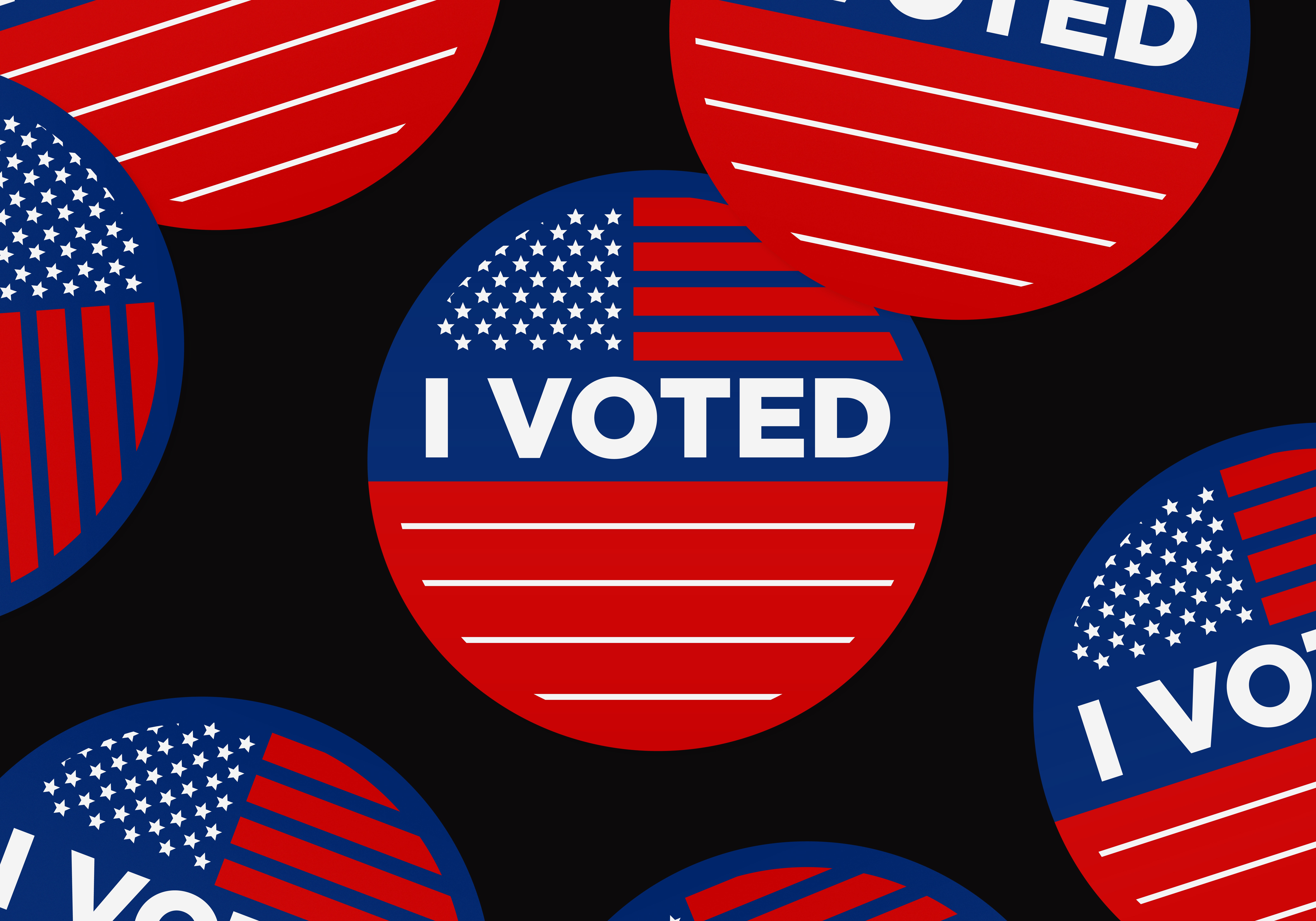Opinions expressed within are the property of their author and do not necessarily reflect the opinion of any other member or the Tiger Town Observer itself.
Clemson University students understand the weight of federal loans and high tuition costs. It’s why students held a sit-in at Sikes Hall last year to demand a tuition freeze amidst the COVID-19 pandemic. Clemson is now freezing tuition for the third year in a row, but only for in-state students. Thanks to a 10-2 vote by the Board of Trustees, with Trustee Nikki Haley and Vice Chair Bob Peeler voting in opposition, out-of-state tuition will see a two-and-a-half percent increase for the first time in three years. Clemson alumni are familiar with tuition burdens, too: as of 2019, Clemson students who graduate with loan debt usually hold more than the national average.
Between runaway tuition costs and the current recession, students pursuing higher education shoulder an astronomical debt. As an out-of-state student attending Clemson University, I know this firsthand. College students across the country denounce high tuition rates but often fail to understand the federal government is not their benefactor. In January, student government leaders from 111 different universities signed a letter to President Biden demanding he “cancel all federal student loan debt immediately.”
Last week, Biden announced a new plan to provide student loan debt relief to millions of borrowers. Politicos often credit Senator Bernie Sanders with introducing student loan debt forgiveness to the Democratic party platform, and Biden endorsed this policy on the campaign trail. Thanks to the Biden administration, those earning less than $125,000 are now eligible for $20,000 in relief if they went to college on a Pell Grant and $10,000 if they did not.
While pausing tuition payments or interest rates can provide necessary relief during a crisis, transferring debt to American taxpayers who never signed onto it is egregious. Biden’s so-called “relief” for student loan debt is immoral, economically unsound, and raises more questions than the White House is willing to answer.
Whether it is called relief, forgiveness, or cancellation, wiping out federal loans for millions of Americans is unjustified. The president can neither forgive nor cancel student loans, and calling this plan a “relief” is a joke. Biden has said his deficit reduction will be enough to pay for student loan debt relief, but even CNN reports the White House has struggled to answer for the price tag, “simultaneously claiming…there was no way to know how much the plan would cost.” The Cato Institute estimates the plan will cost Americans $260 billion. The White House refuses to say who will pay for this plan or how much it will cost because American taxpayers are now responsible for canceling my student loans – the ones I agreed to as an eighteen-year-old when I decided to attend Clemson University.
There is a difference between targeted crisis relief and blanket forgiveness. Biden’s plan for student loan debt falls under the latter category. The administration’s announcement was expected to come at the end of August when the current moratorium on student loans was set to expire. The White House is attempting to frame this move as targeted crisis relief, but progressives have been pushing for student loan forgiveness for years. Such a plan runs counter to the fundamental principles of borrowing and lending. As Rick Hess writes:
“The compact that undergirds any form of lending—but especially public lending—presumes that borrowers are taking responsibility for their choices. Typically, that means borrowing no more than is absolutely necessary, borrowing to meet needs rather than wants, and making good-faith efforts to repay in full. That kind of behavior fuels a virtuous cycle of civic trust. Proposals for sweeping loan forgiveness shatter that compact in every possible way.”
Proponents make explicit that student loan debt forgiveness is a necessary step to narrow racial wealth inequity. Canceling up to $50,000 in debt would erase student loans for the majority of Black borrowers. It’s worth noting that student loan debt cancellation is likelier to impact women than men since women account for 60 percent of college students. A policy may incidentally impact groups in disparate ways, but this in itself does not provide moral justification. Enacting a policy on the basis of favoring one race over another has never been moral in the U.S. Even if Biden’s student loan debt relief was justified by achieving equity, it’s unlikely to do so. On Friday, after the plan was announced, Brookings Institution senior fellow Andre Perry said, “From our perspective…[this] level of cancellation will have negligible impact on the racial wealth gap. We encourage a greater amount.”
Perry is not wrong: Biden’s plan may actually put more cash in the pockets of white households. The top-income 40 percent of households owe nearly 60 percent of student loan debt. While students from higher-income families are more likely to attend college in the first place, the Brookings Institution notes, “A growing share of borrowers participate in income-driven repayment (IDR) plans, which do not require any payments from those whose incomes are too low.” Out-of-pocket student loan payments usually come from high-income earners. Biden’s student loan debt relief disproportionately benefits high-income earners. The one-third of Americans holding a college degree are shifting their burden to the two-thirds not having a degree. “Forgiveness” can only come from someone to whom the debt is owed. In this case, the federal government is not forgiving my student loan debt; American taxpayers who didn’t take out loans to attend college are.
President Biden is using the Higher Education Relief Opportunities for Students Act (or “HEROES Act”) to justify this massive overreach of executive power. The HEROES Act was adopted in 2003, so service members wouldn’t be penalized for their student loans while serving in Iraq and Afghanistan. The Biden administration rescinded a Trump-era memo from the Department of Education which found the HEROES Act does not provide the executive branch authority to forgive student loan debt. Legal experts are already warning Biden’s legal authority to forgive student loans may not survive a court challenge.
Considering higher-earning, college-educated whites pushed Biden over the edge to defeat Trump, the only reason to provide debt forgiveness at this time is political savviness – otherwise called a bribe. Americans will pay an estimated $24 billion a year for a plan that is legally dubious, shortsighted for the economy, and worst of all, morally egregious. I cannot think of a policy that exposes more “privilege” than elite high-income earners pocketing money for their own choices on the backs of those who never agreed to the debt. *








